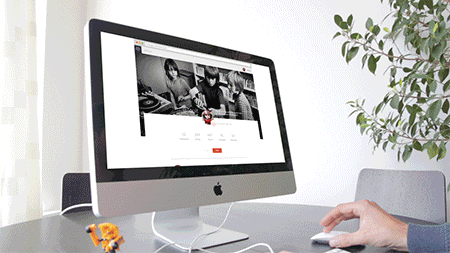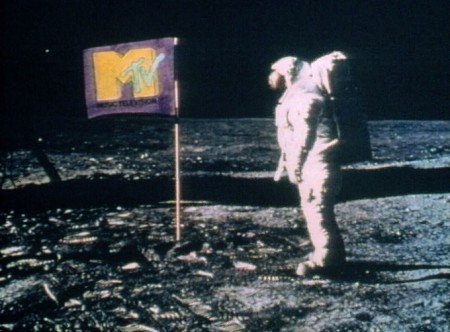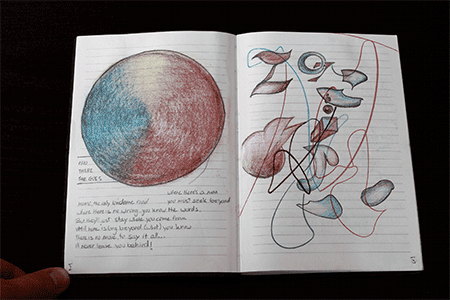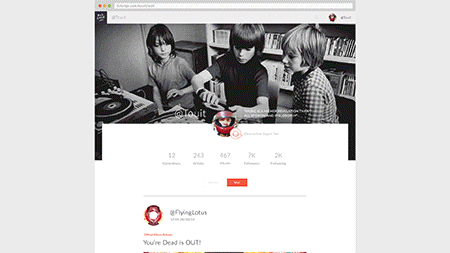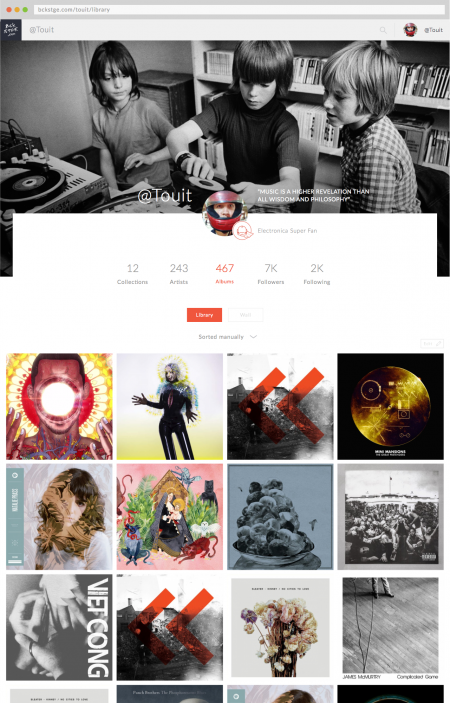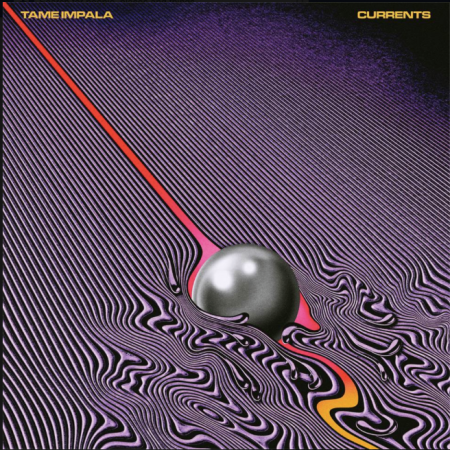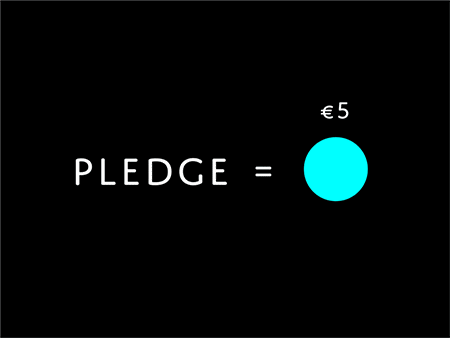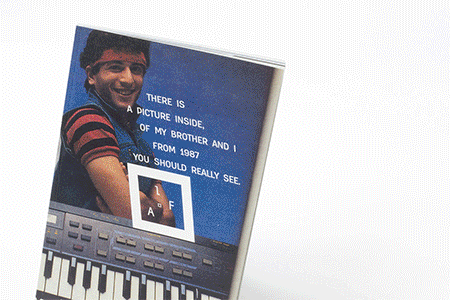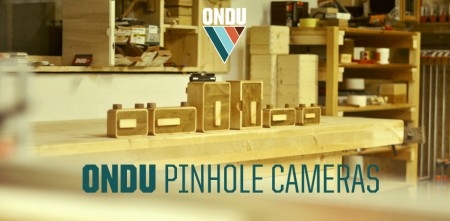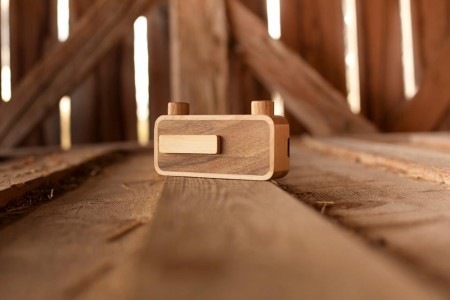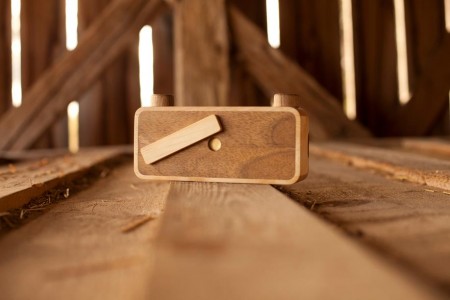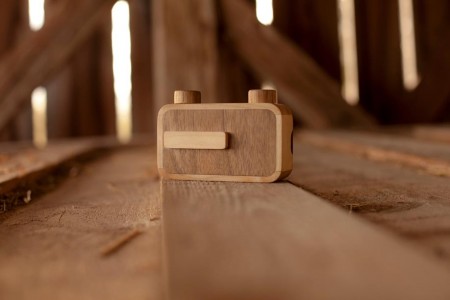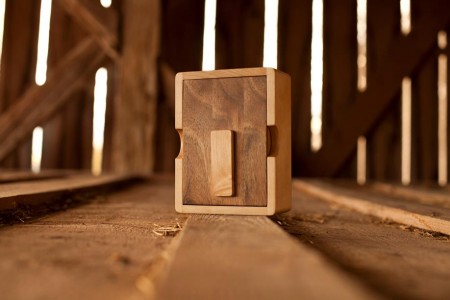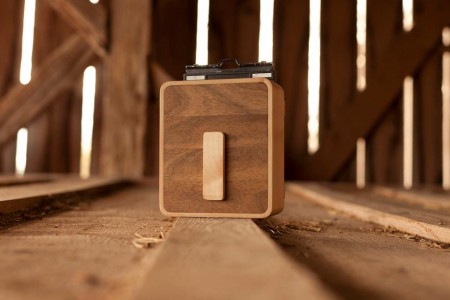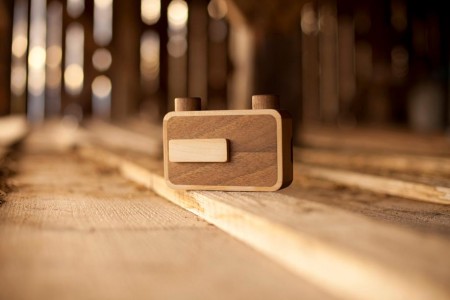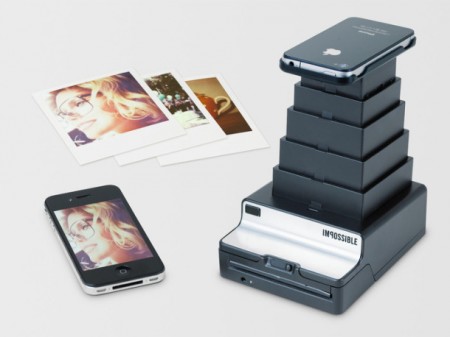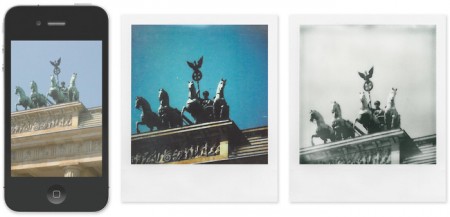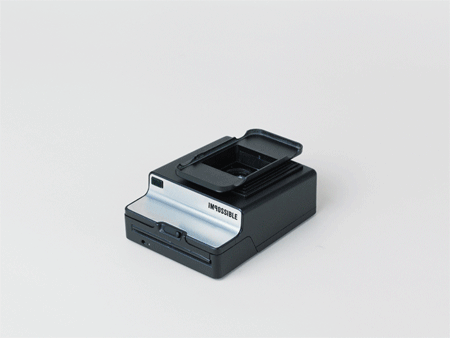I was first introduced to Whitestone via my involvement with Italian electronic musician and producer Indian Wells’ sophomore release, Pause, for whom I did the album art for. Whitestone had contacted his label, Bad Panda Records, expressing interest about collaborating in creating an “interactive experience” for the release as part of a new platform they were developing. Naturally, as a designer (and musician myself) I was intrigued, specially after watching the video above, so I asked Roey Tsemah, founder and creative director of Whitestone, if I could pick his brain for a bit:
ISO50: What is Whitestone exactly, and who is behind it?
Roey: Good question, Whitestone is a platform for interactive music. It is a place for artists and fans who want more than just pressing play.
I am a musician, and as most musicians I’m also one of those die-hard music fans who still buy vinyl. About 4 years ago I set myself a goal to take album artwork to the next level, help artists make use of the browser as means of expression and create music for the internet.I’m always comparing it to MTV. MTV created a place for artists to release music for TV and by doing that they inspired a different kind of creation. Conceptual artists like Peter Gabriel used the medium creatively and made history with videoclips like Sledge Hammer. We would like to do the same with interactive music.
At the moment we are a team of 4 people and we want to keep the platform independent so artists like us can gain the most off of it. We are raising funds on Kickstarter to help us build the platform and community. We hope that artists and fans who read this will help us bring Whitestone to life.
ISO50: What inspired you start a platform like this?
Roey: Artists like Bjork, Radiohead and Arcade Fire, who have made interactive apps and videos before. I just want to see more artists make stuff like this. Also, I think interactive experiences are a great way to add value to music online. Fans want to support artists but at the moment the only reward artists give them are MP3 downloads… Personally I don’t have anything to do with MP3s, they just take up space on my drive. I think there are better ways to reward supporting fans.
ISO50: How will people collect this new form of “interactive album art”?
Roey: Members accounts (both fans and artists) are built out of two main components – The Timeline and the Library. The Timeline (pictured above) is similar to other social networks, while the Library (pictured below) works similarly to Pinterest. Both fans and artist can add albums, mixtape, interactive experiences etc to their library, regardless of where they are online. Other fans can then follow them based on their curation. The whole idea is inspired by the way we used to discover music before streaming – we used to check our friends music collections, go through their CDs, bootlegs and mixtapes – our music collection says a lot about us and I believe it’s the best way to discover music.
Whitestone doesn’t distinct artists from fans in that sense, all artists I know are first of all music fans. At the moment there is no place we can explore, for instance, The Gaslamp Killer’s music collection, imagine how cool that would be…
Music fans (me included) spend hours, days and nights learning everything about albums we love, many of us contribute our knowledge on music forums and Facebook groups. Whitestone has a ranking system to reward such fans, encouraging them to participate and share their knowledge. The higher fans are ranked among the community they become influential and the platform rewards them with badges and coins to buy content on the platform. Also,they get the attention of their favourite artists who can then reward them with merch, gig tickets etc.
ISO50: What artists, both musicians and visual, would you like to see adopt your platform?
Roey: The general rule is everyone who gets inspired by the medium, the internet, the screen, code and data. Artists who see the possibilities in creative code, generative art etc. I love what Random Studio are doing and also Resn. They create rad interactive experiences. Musicians like Flying Lotus of course, Cold Cut and any Ninja Tune artists. Warp also, but that’s just because I’m into this kind of music at the moment. I also think it may benefit many ambient and minimal techno artists like Claudio PRC, for example
ISO50: So you’re a designer as well, what would you say is your favorite album cover and why?
Roey: Ow… there are so many… I love Ghostpoet’s Some Say I So I Say Light, the new FKA Twigs and Currents by Tame Impala (which I think would make for a sick interactive experience). Everything Bjork makes. Same with Radiohead (I love the process they go through with their longtime collaborator Stanley Donwood) Flying Lotus, Moderat, there are many, many more. I guess I can’t really name a favorite because I love different kinds of stuff. I think what attracts me most is the process and how the result reflects on the music.
ISO50: Where do you see Whitestone in the future?
Roey: Basically I want Whitestone to be a hub for true music fans and artists online. A place where they can connect and support each other. A place not owned by a huge corporation but a small independent group of artists. I truly believe that together we can pull this off, I hope the readers will join us and help make it happen. We made a special website to honor all our backers, it’s an interactive credits page where every backer becomes part of a “Stone” -The bigger the stone is, the stronger we become as a community, the closer we get to our goal.
If you wish to support Whitestone, visit their Kickstarter campaign and pledge to get one of these amazing art/research books designed by Roey himself, among other rewards:
